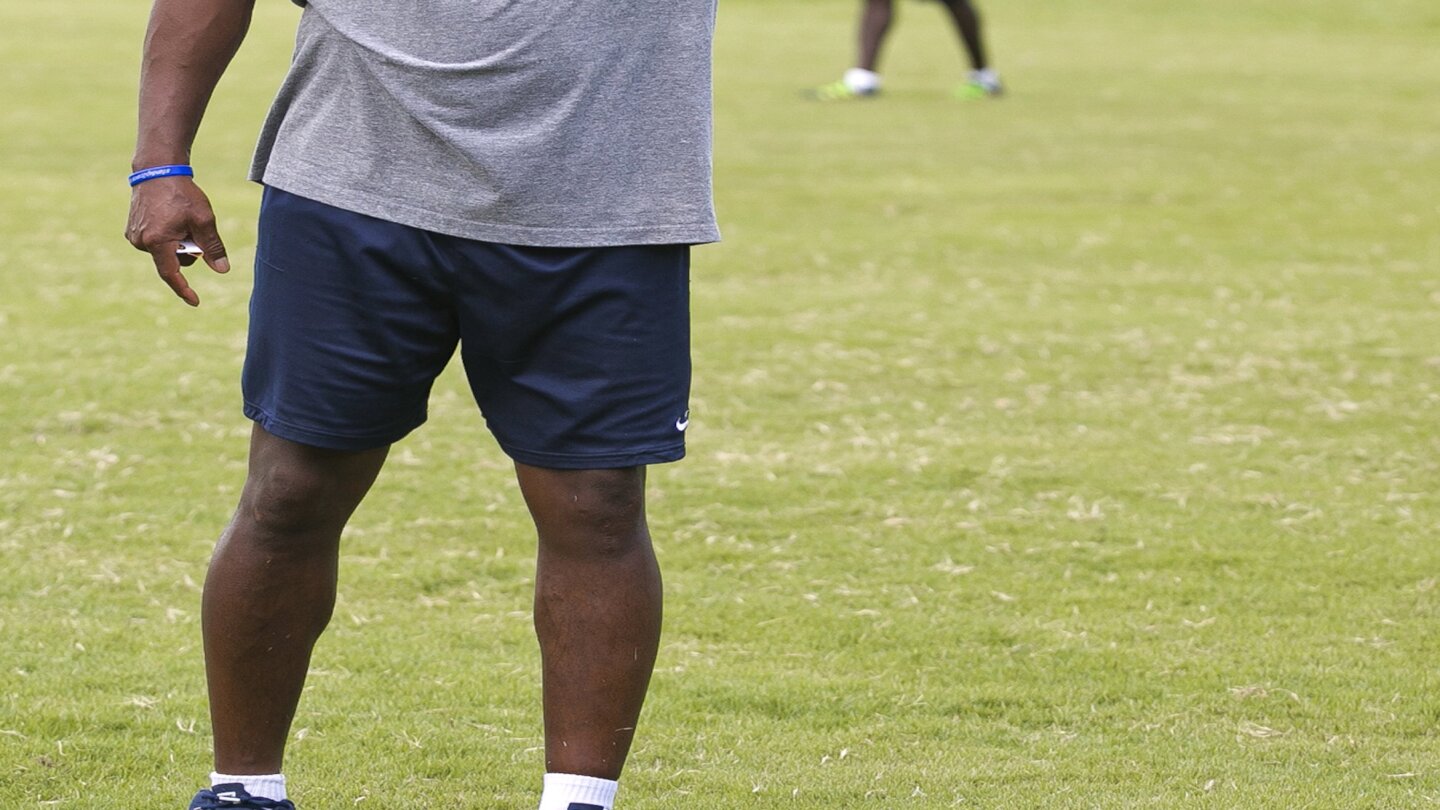Equitation scholarships might work for those at the top of the junior game, but in order to be at the top the family needs to be so rich that they could already afford college. There might indeed be a back door entry for these very wealthy girls.
I think that for various middle class dreamers, who aren’t in the pipeline to be top juniors through skill, talent, location, or cash, the equestrian scholarship fantasy is based on a misconception.
Everyone knows about the power of athletic scholarships in the big men’s sports. A football or basketball scholarship gets you a full ride, extra help, and a back door. It also puts you in the running to earn a spot on a pro team, be one of the best in the world, and retire rich. It is the pipeline to being a pro athlete.
Teen girls sometimes seem to extrapolate that it must work that way in horses too. I will go to university, study equestrian management, ride on the college team, and then hopefully get recruited onto a “pro team”. Or situation. And then I will be wealthy and able to do what I want.
But it doesn’t work that way for horses. College teams and equestrian management programs are a detour away from being a pro. Indeed I’ve read many threads here on COTH saying such programs don’t turn out skilled employees and the jobs they qualify for are entry level grooms who could get the job with no education. And the IHA doesn’t ladder into USEF in a meaningful way.
I think it’s wonderful there is any equestrian stuff on campus, there was nothing around me when I was an undergrad. I do think that both boarding school and college equestrian programs in the US tend towards being a very nice perk for wealthy girls who will be adult amateur riders, which is wonderful. But it is not a pipeline to being a pro.
The horse business is structured around self employment and small business. There are no teams, except temporarily for specific competitions. There is virtually no audience and no ticket sales. There is also no credentialing, you make your way based on the skills you can demonstrate. It runs very much on levels of formal and informal apprenticeship and paying your own way. It’s also a segment of the agriculture industry and shares many of the low wage and harsh working conditions of agriculture, as well as many of the skills. A barn manager is ahead of the game if they can use a tractor, repair fences, fix drainage, and maybe even grow their own hay.
Most horse pros spend much less of their barn time riding their own horses than the average ammie. If you are a coach, trainer or barn manager, most of your time is spent facilitating the success of your clients. You will take your kiddie students to cross poles on Saturday,.not your own jumper to a 3 foot 3 course an hour in the other direction. You will pack in fee paying lessons and have no time to school that jumper anyhow. You will ride client’s cranky horses and sort them out without making them too reactive rather than your own lovely young jumper. You will lose your own riding time to any number of barn emergencies, vet calls, hay deliveries, farrier visits or maintenance jobs. You will fill in feeding or cleaning if your low wage employees flake out of can’t get to work because of snow or hurricane. Etc
The exception is the pros who have the family cash, the connections, and the sponsorships to ride at the top levels and just do clinics and coaching with their names. But even there we dint know how they spend their days.
Teens seem to imagine that being a pro rider is just like being a junior but with more horses and getting paid for it. That’s not how it works.
Also, anyone with a strong work ethic can get the skills to become a pro at some level (groom, colt starter, lesson barn manager, instructor of beginners etc). But unless you are already super well funded and in the big leagues as a junior you are very unlikely to emerge at 25 as “the youngest rider on the Pan Am team” or whatever form the fantasy of being pro takes.



